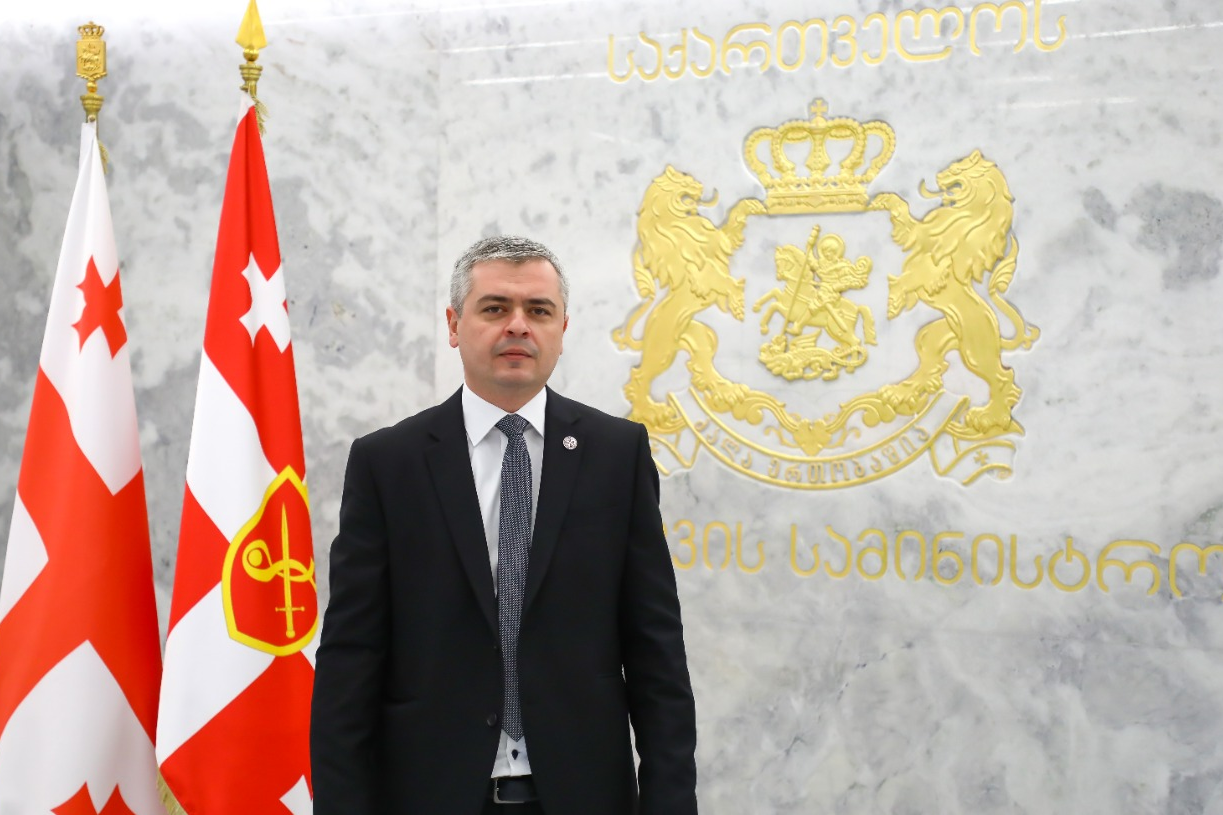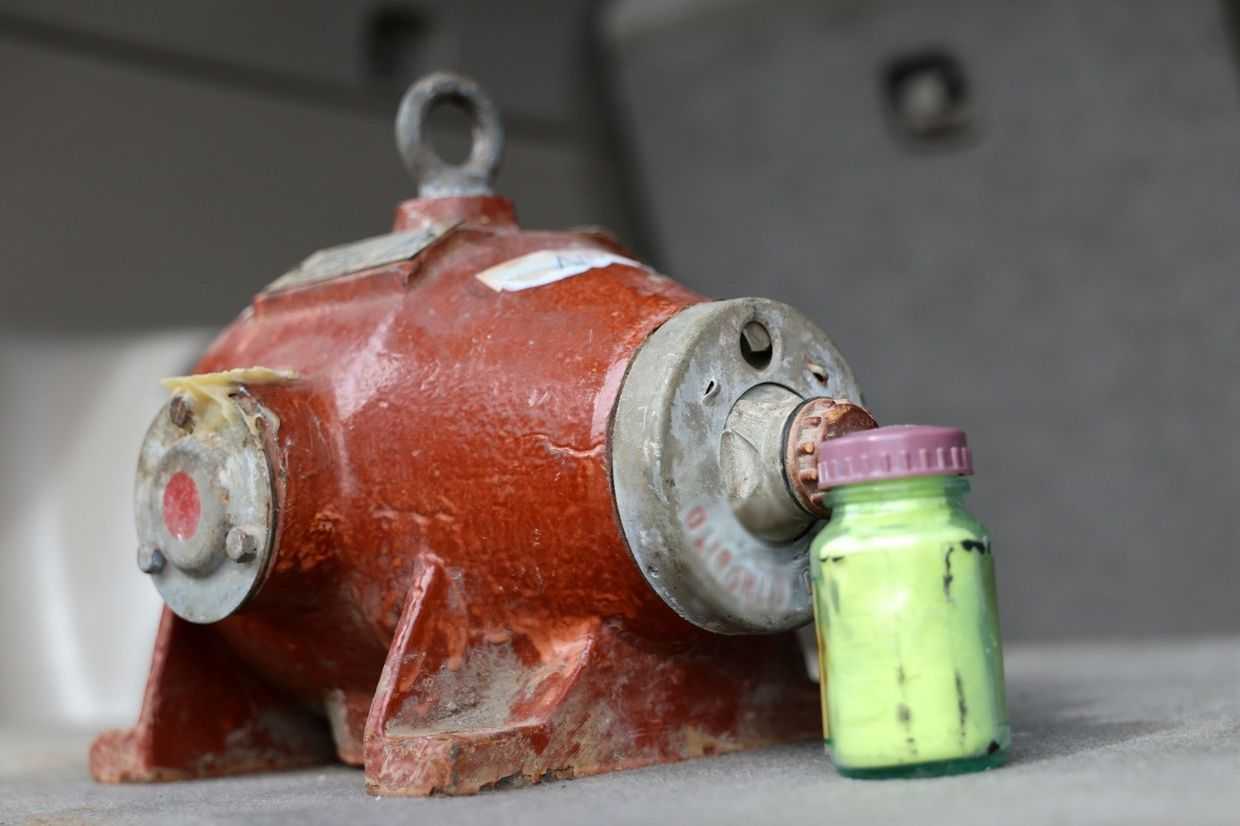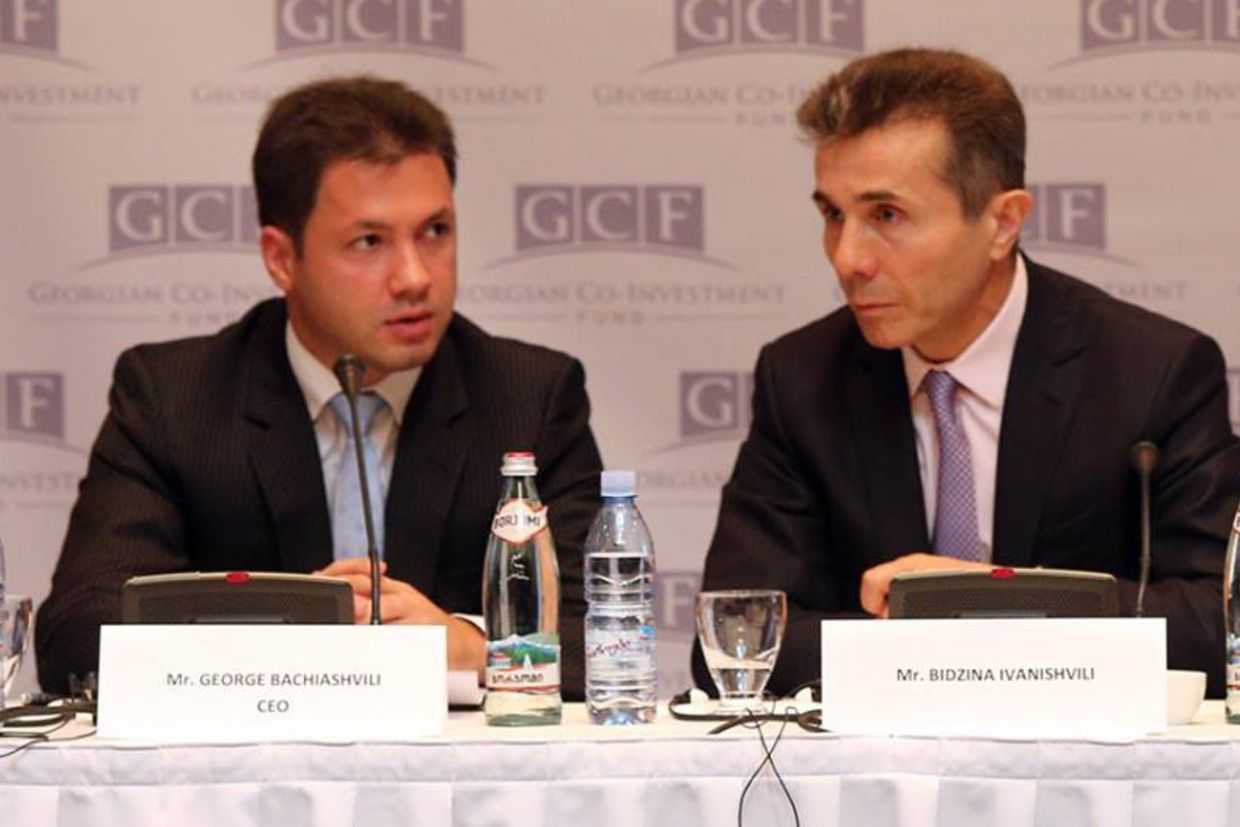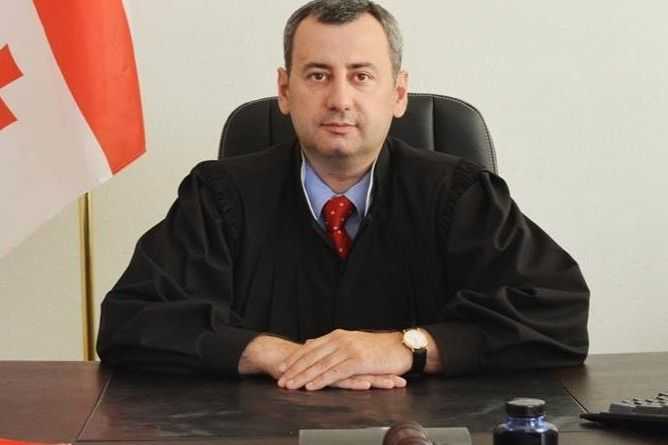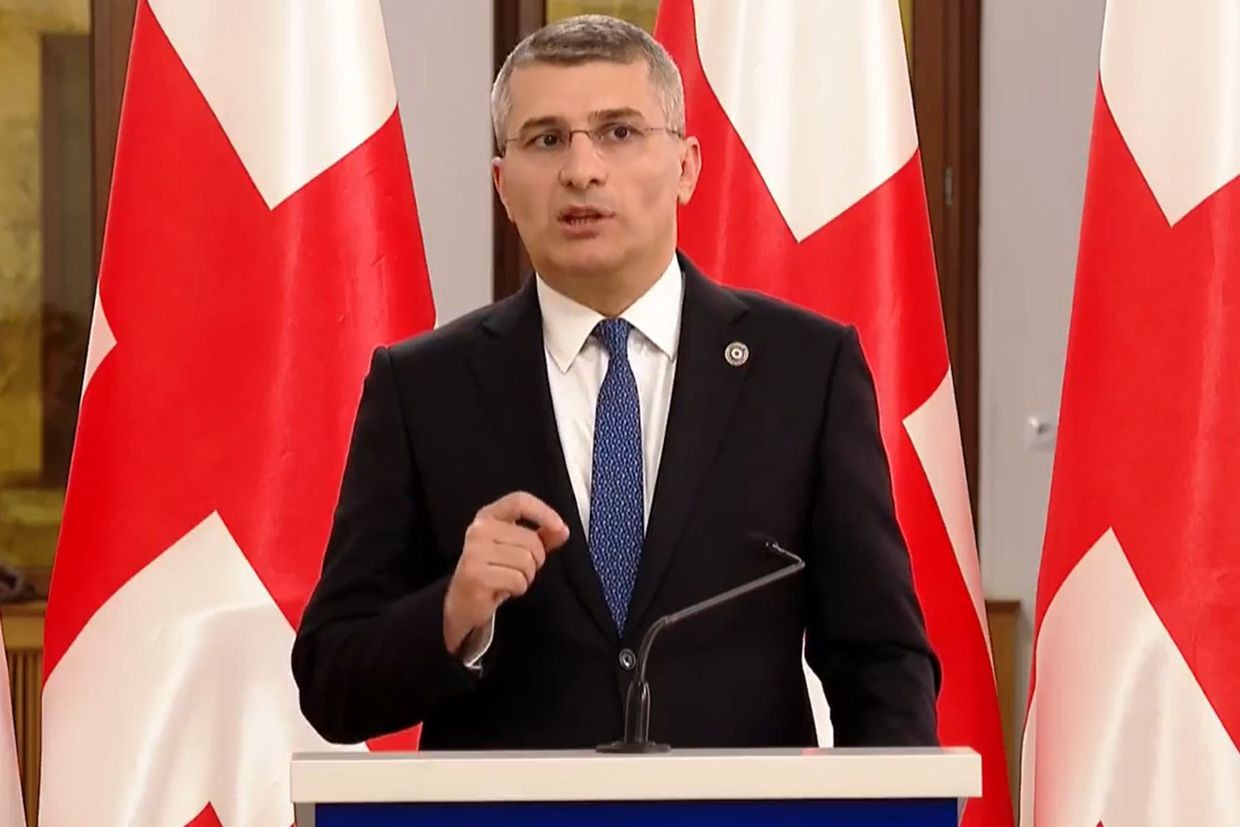
The head of the Georgian State Security Service (SSG), Anri Okhanashvili, has resigned less than five months after his appointment. Mamuka Mdinaradze, the parliamentary leader of the ruling Georgian Dream party, will replace him in the position.
The public learned about Okhanashvili’s resignation, as with several past high-profile resignations, from a Facebook post.
Okhanashvili, who had been appointed to the position in April, wrote on Sunday that he would continue working as Prime Minister Irakli Kobakhidze’s advisor on national security issues. However, it remained unclear what prompted this change and why his tenure ended in less than half a year.
The former SSG chief stated in his resignation letter that ‘global and regional security are facing new challenges’, which also affect Georgia’s security. Okhanashvili believes that his ‘experience and knowledge’ will help him work successfully in his new position by providing analysis and recommendations.
Before becoming the head of the SSG, Okhanashvili had served as a Georgian Dream MP from 2017 until November 2024, after which he briefly worked as Minister of Justice until April 2025.
A few minutes after Okhanashvili’s announcement, Kobakhidze held a briefing, during which he nominated Mdinaradze for the post of SSG chief.
‘Although [Okhanashvili] held the office for a short time, many important changes were implemented in the service, to which he personally made a special contribution’, Kobakhidze claimed.
According to procedure, the candidate for head of the SSG must be submitted to parliament for approval. Kobakhidze said he was confident that Mdinaradze would ‘enjoy strong trust from parliament’.
‘[Mdinaradze] has very long, many years of experience working in law enforcement agencies, which is very important for fulfilling the duties of the head of the State Security Service’, Kobakhidze added.
However, Mdinaradze’s pre-Georgian Dream background has been defined more by his legal career than by experience in law enforcement.
Mdinaradze is a lawyer by profession. From 2001 to 2004, he worked as an investigator at the Vake-Saburtalo investigative service in Tbilisi, and from 2007 to 2016 he practiced law in various organisations and companies, including Mdinaradze & Partners Lawyers, which he co-founded.
Currently, Mdinaradze is one of the most recognisable figures of the ruling party. Since 2016, he has led the Georgian Dream’s parliamentary faction, and in February 2024 he became the leader of the parliamentary majority, which brings together the ruling party and its satellite groups in a parliament boycotted by the opposition since the disputed 2024 elections.
As parliamentary leader, Mdinaradze was the first to present to the public the restrictive laws adopted by Georgian Dream over the past two years, including the foreign agents legislation and the anti-queer laws, as well as other controversial bills aimed at targeting independent media, civil society, and street protests.
Along with other party leaders, Mdinaradze has actively promoted Georgian Dream’s conspiracy theories against both domestic and external opponents — including the ‘global war party’ and the ‘deep state’, shadowy forces that allegedly rule many governments and have tried to overthrow the Georgian government after failing to force it to join the war against Russia.
‘They humiliated Okhanashvili’
Some representatives of the Georgian opposition have described the personnel change at the SSG as an embarrassment of the former head, Okhanashvili.
According to Irakli Kupradze, a Tbilisi mayoral candidate from the Lelo and For Georgia parties, the leadership of Georgian Dream first had Okhanashvili ‘carry out dirty tasks’ and then ‘transferred him to an advisory position, unpaid, without any respect or integrity’.
‘It is a factual reality that Georgian Dream is collapsing from within. [The party’s founder] Bidzina Ivanishvili no longer trusts many people — officials who were first made to carry out dirty tasks and are now being sidelined’, Kupradze stated, likely referring to the recent resignations from Georgian Dream, with some of the former officials investigated and detained.
According to Levan Khabeishvili, one of the leaders of the opposition United National Movement (UNM) party, the change ‘humiliated Anri [Okhanashvili]’, though in his view, Mdinaradze did not end up in a better position either.
‘[Mdinaradze] was moved to a local position and was told, “Now you’ll listen to the spouses of certain people, listen to the priests, you’ll be there, you’ll see some madness, pay attention to everyone’’ ’, Khabeishvili said, hinting at the SSG’s alleged broad surveillance and monitoring of the personal lives of figures of interest to the state.
Resignations and detentions
The Georgian Dream government has undertaken numerous personnel changes in recent months, as well as the arrests of former high-ranking officials.
Interior Minister Vakhtang Gomelauri, Infrastructure Minister Irakli Karseladze, Economy Minister Levan Davitashvili, and Education Minister Giorgi Tsuladze have all stepped down from their positions in 2025.
The former head of the SSG, Grigol Liluashvili, who was later replaced by Okhanashvili, resigned in April and was supposed to be appointed Minister of Regional Development. However, the decision announced on 2 April was changed by Kobakhidze on 4 April, who said that due to disagreements on certain issues, the former SSG chief would no longer be appointed as minister.
There were changes within police personnel as well, with US-sanctioned Georgian riot police chief Zviad Kharazishvili’s resignation reported on 9 June. The Interior Ministry has also announced the reappointment of 11 police officials to different roles throughout the country.
At the same time, law enforcement authorities have detained at least two former deputy ministers on corruption charges, including the Deputy Economy Minister Romeo Mikautadze on 21 June — after which Minister Davitashvili resigned a few days later — and the former Deputy Defence Minister Giorgi Khaindrava on 27 July.
Speculation surrounding these developments was only intensified by the 7 July incident, when the former Chair of the Adjara Government, Tornike Rizhvadze, who had left office on 4 April after seven years of service, was taken to hospital with a gunshot wound to the chest.
The incident reportedly took place at the home of the director of Georgia’s Maritime Transport Agency, Aleksi Akhvlediani.
Akhvlediani was briefly detained on charges of negligent storage of a firearm and was released a few days later on bail, though he was removed from his position.
A few hours after information about Rizhvadze’s hospitalisation emerged, pro-government media circulated a ‘suicide letter’ that, according to them, belonged to Rizhvadze. Several critics of the government questioned the authenticity of the letter.
Later, Rizhvadze was transferred to Turkey for treatment and is believed to still be there. He has not made any public statement to date.
